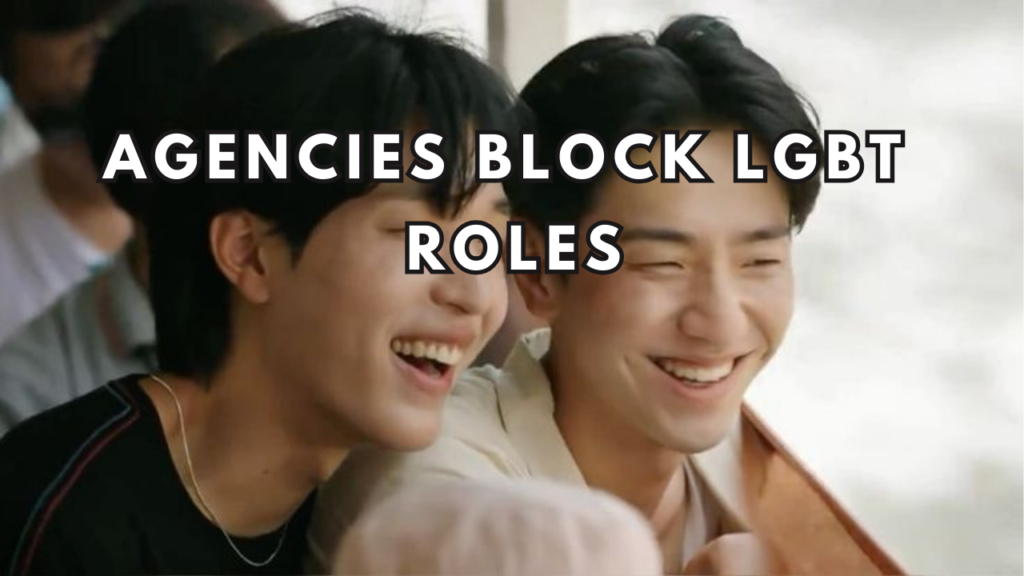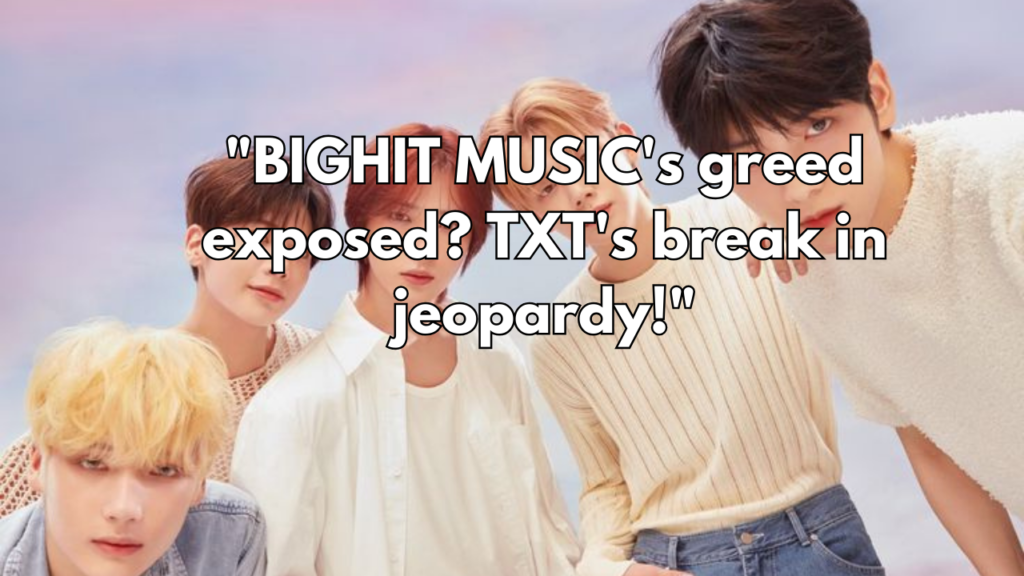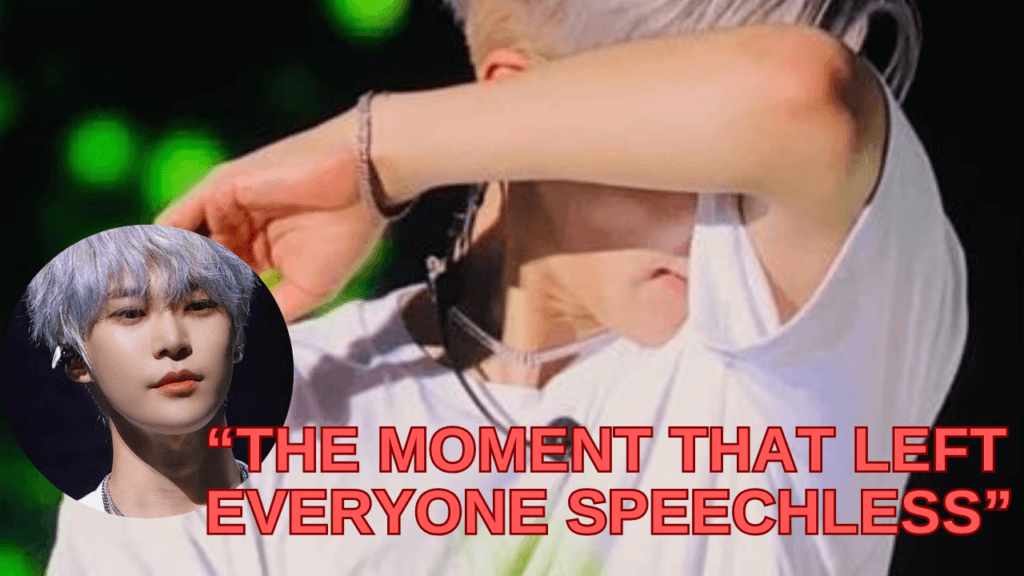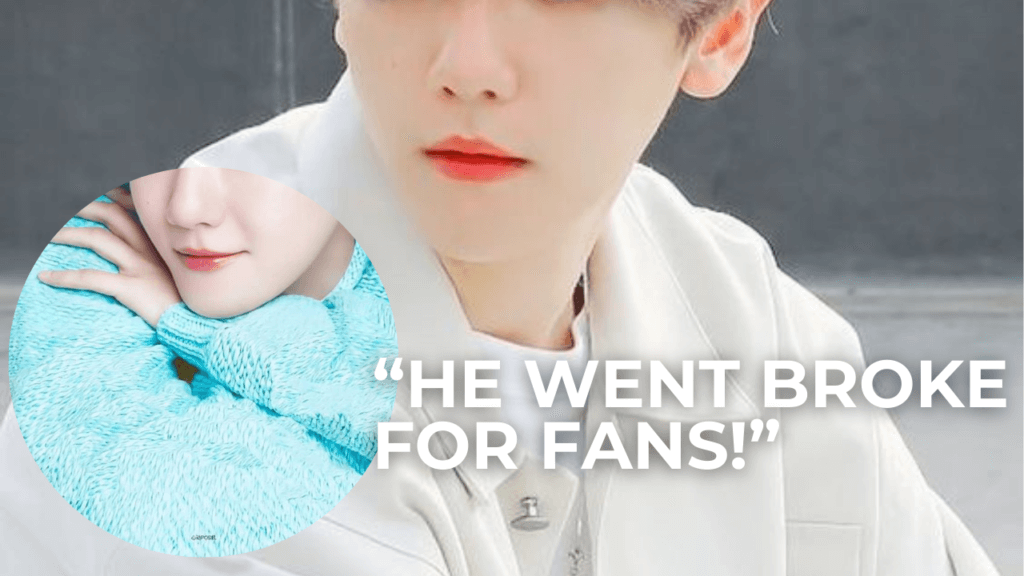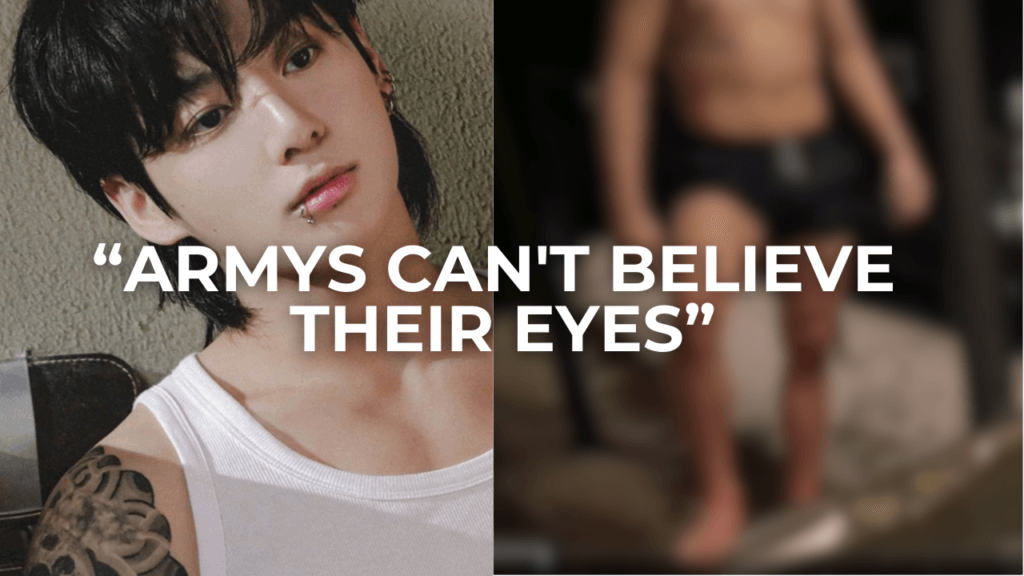Breaking Barriers in Korean Entertainment
Korean entertainment agencies are actively preventing their popular actors from taking LGBT roles in dramas, creating a significant barrier in the industry’s progress toward inclusivity. This controversial stance has sparked intense debate among industry professionals and fans alike. The revelation came from “Love in the Big City” producer Park Jun Ho during a recent interview that shed light on the systemic challenges faced by LGBT-themed productions.
Major talent agencies have established strict guidelines that only allow rookie actors to audition for LGBT characters. These agencies have drawn clear lines, prohibiting their established stars from participating in such roles regardless of the project’s potential. This restriction highlights the deep-rooted challenges faced by LGBT-themed productions in Korea, where societal acceptance continues to evolve slowly.
Nam Yoon Su’s Bold Choice
Despite the industry’s strong resistance, rising star Nam Yoon Su made headlines by volunteering for the lead role in “Love in the Big City.” His decision to play Go Young, a gay character living with HIV, demonstrated remarkable courage in an industry known for its conservative stance. The actor’s commitment went beyond mere acceptance of the role – he declined two other potentially career-advancing projects to focus on this groundbreaking character.
Nam’s choice represents a significant shift in how younger actors approach LGBT roles. His dedication to the character and willingness to challenge industry norms has inspired many emerging actors. This bold move could potentially influence future casting decisions and encourage more actors to consider similar roles.
The Impact on Korean Entertainment
The success of “Love in the Big City” has become a testament to changing audience preferences and their readiness for diverse storytelling. Producer Park Jun Ho initially envisioned mainstreaming LGBT content through established actors, believing their involvement would help normalize such narratives. However, agency restrictions forced the production to take an alternative approach, ultimately proving that compelling stories can succeed regardless of cast fame.
The show’s achievement has sparked important conversations about representation in Korean media. Industry experts now recognize that audiences are more interested in authentic storytelling than the traditional star power approach. This shift in perspective could lead to more inclusive casting practices in future productions.
The Future of LGBT Representation
The show’s achievements may signal a turning point for inclusive casting practices in Korean entertainment. Fans worldwide have shown overwhelming support for the series and its brave casting choices, demonstrating a global appetite for diverse storytelling. Their positive response could help break down long-standing barriers for future LGBT-themed productions.
The success of “Love in the Big City” has created a blueprint for future productions tackling LGBT themes. It proves that authentic storytelling and committed performances can overcome industry resistance and societal prejudices. This breakthrough could encourage more production companies to explore similar themes and stories.
Final Thoughts: Breaking Down Barriers in Korean Entertainment
The journey toward inclusive representation in Korean entertainment continues to evolve, with each successful production paving the way for future progress. While challenges remain, the industry is slowly but surely moving toward more diverse and representative storytelling.
What are your thoughts on Korean agencies restricting popular actors from LGBT roles? Share your views in the comments below!

